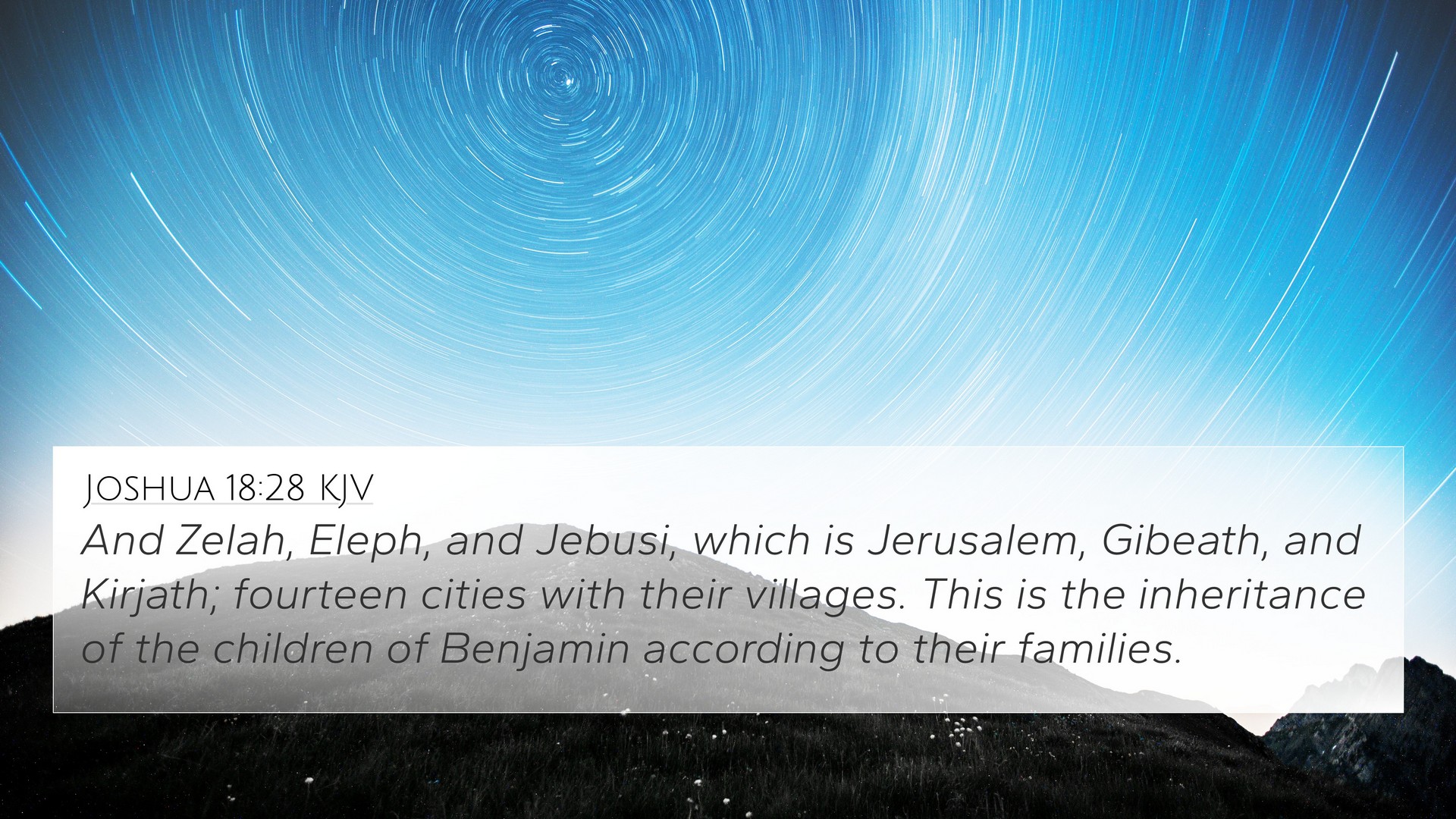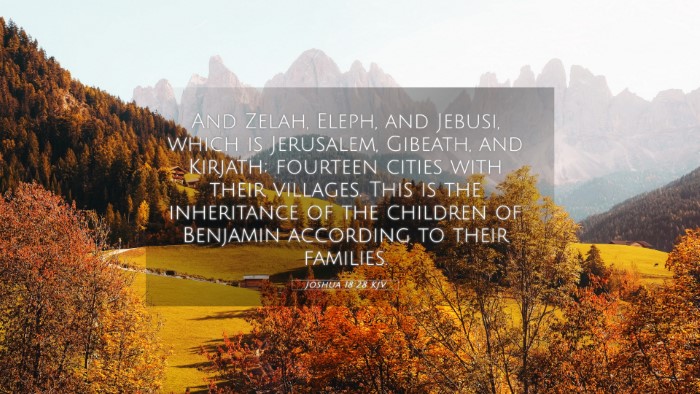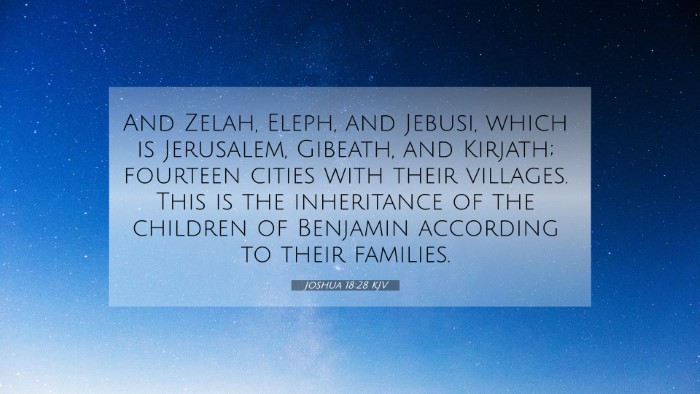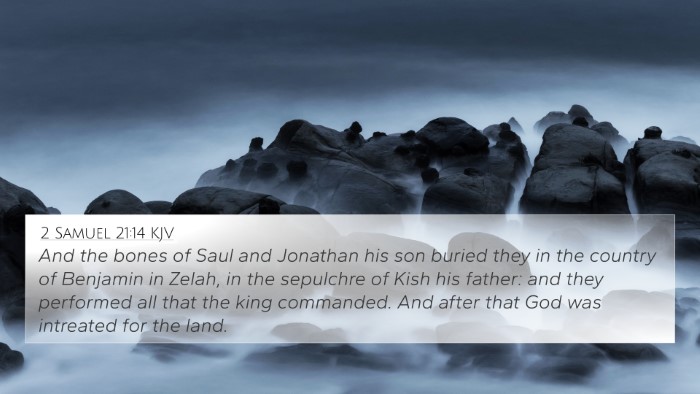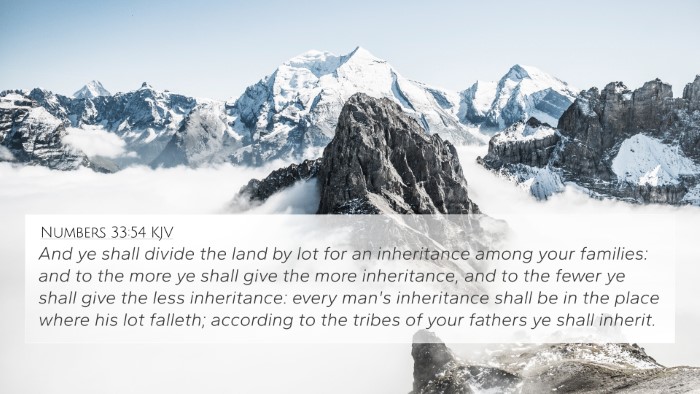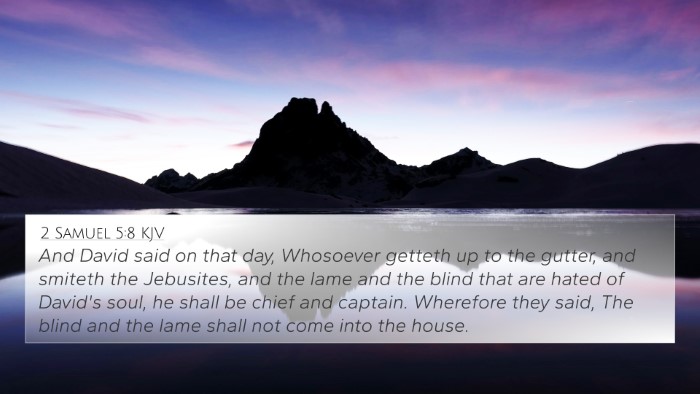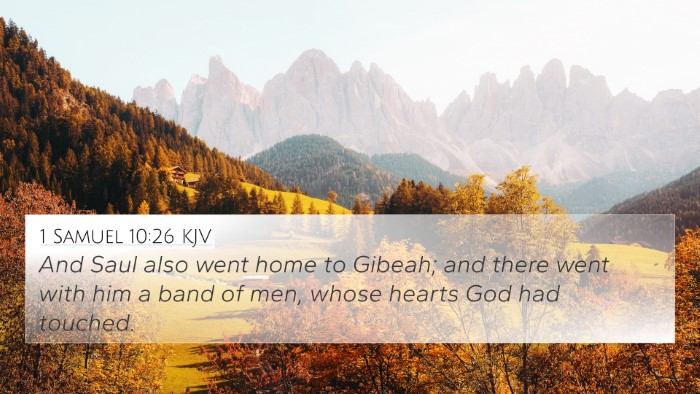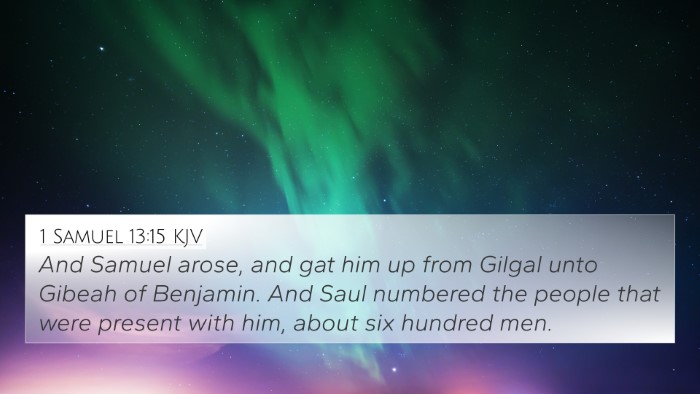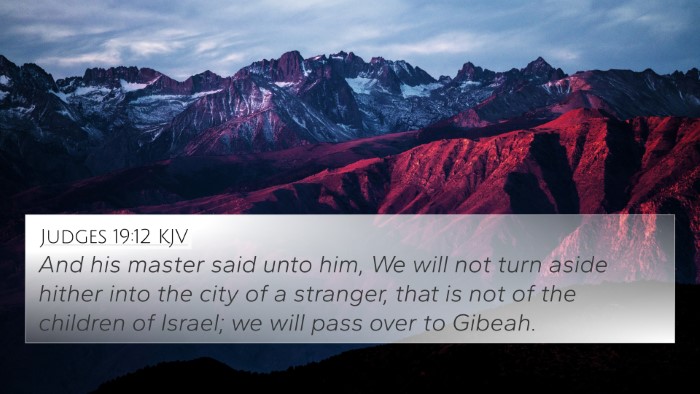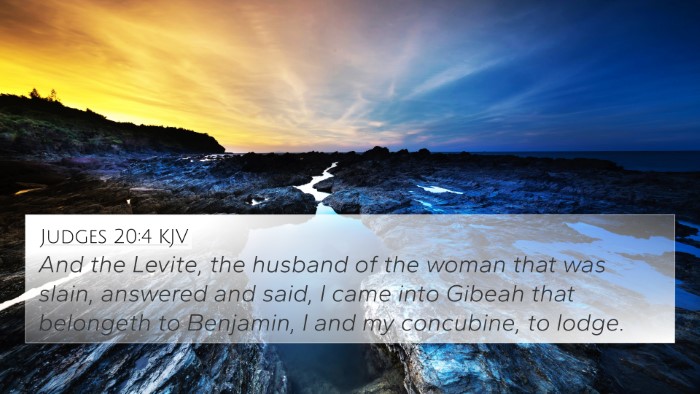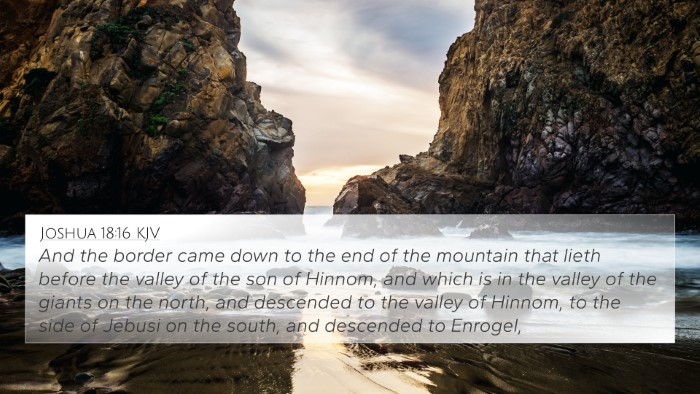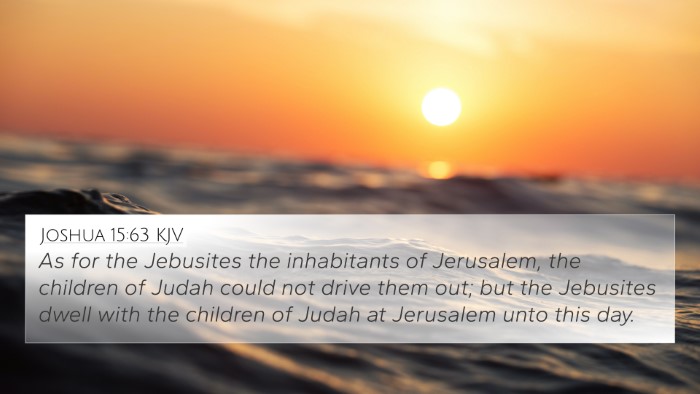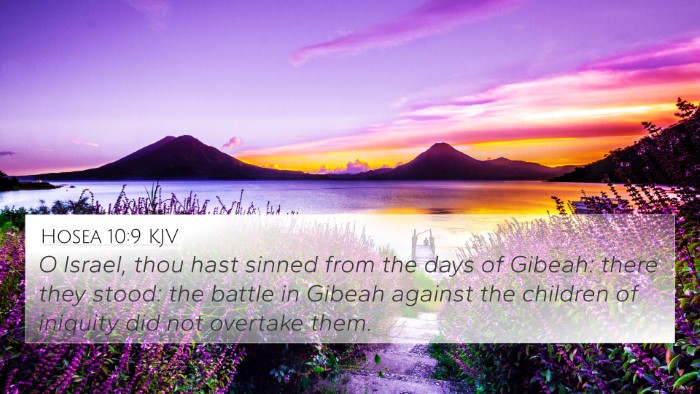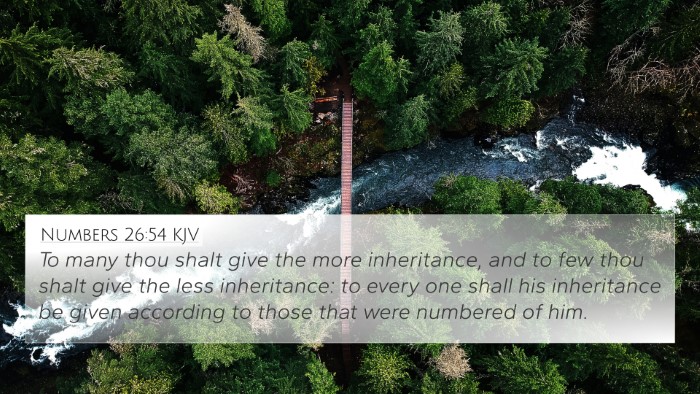Understanding Joshua 18:28
Verse: Joshua 18:28 states, "And Zelah, Eleph, and Jebus, which is Jerusalem, and Gibeath, and Kiriath; fourteen cities with their villages. This is the inheritance of the children of Benjamin according to their families."
Context: This verse summarizes the allocation of the land for the tribe of Benjamin, detailing the cities and villages that constitute their inheritance. The listing of cities highlights the geographical and historical significance of this region, which plays a crucial role in biblical narratives.
Summary of Commentary Insights
This section combines insights from prominent public domain commentators including Matthew Henry, Albert Barnes, and Adam Clarke to provide a comprehensive understanding of Joshua 18:28.
-
Matthew Henry:
Henry emphasizes the importance of the specific cities mentioned, particularly Jerusalem (referred to as Jebus) as a pivotal location for the Israelites. The inheritance reflects God’s faithfulness to the tribe of Benjamin, indicating God's providential guidance in their territorial claims.
-
Albert Barnes:
Barnes notes that this distribution of land serves dual purposes: it establishes a physical territory for Benjamin and reinforces the tribal organization among the Israelites. Each named city carries historical and cultural significance, displaying how God’s promises are fulfilled through tangible inheritances.
-
Adam Clarke:
Clarke focuses on the distinction of the cities, recommending that readers see beyond mere names to understand their implications of identity and legacy for the tribal families. Each city mentioned has a unique story and place in the overarching narrative of Israel's history.
Bible Cross-References
Joshua 18:28 resonates with various other biblical texts, creating a rich tapestry of meaning through cross-references. Here are several related verses:
- Genesis 49:27 - References the blessings and characteristics of the tribe of Benjamin.
- 1 Chronicles 12:29 - Highlights the significance of the warriors from the tribe of Benjamin.
- Matthew 5:35 - Mentions Jerusalem in the context of oaths, linking its spiritual significance.
- Luke 2:4 - Indicates Joseph's lineage from the tribe of Judah, connecting back to the cities in Benjamin.
- Acts 13:21 - Reflects on Israel’s monarchy, relating back to the allocation of land among tribes.
- Isaiah 10:24 - Describes the Assyrian threat to the tribes, including Benjamin's territory.
- Jeremiah 6:1 - Discusses the fall of Jerusalem, the capital of Benjamin's inheritance.
Thematic Connections
The intricate connections between Joshua 18:28 and other scriptures underscore the theological themes of inheritance, identity, and divine providence. Through these references, one can observe:
- Divine Faithfulness: The promise of land for the Israelites demonstrates God's continued commitment to His covenant.
- Cultural Identity: The cities help establish a sense of belonging and heritage for the tribe of Benjamin.
- Historical Legacy: Each city represents a chapter in Israel’s history, contributing to the collective narrative of the chosen people.
Practical Applications
Studying Joshua 18:28 and its cross-references can aid believers in various practical areas:
- Encouragement: Recognizing God's faithfulness in past promises inspires trust in His current provisions.
- Community Understanding: Grasping the historical context fosters greater appreciation for diverse backgrounds within faith communities.
- Spiritual Legacy: Encourages personal reflection on what legacy one contributes to their community.
Conclusion
The examination of Joshua 18:28, combined with insights from esteemed commentaries, reveals rich truths about divine guidance, the significance of community, and the legacy of faith. By leveraging tools for Bible cross-referencing, believers can enrich their understanding and application of scripture.
